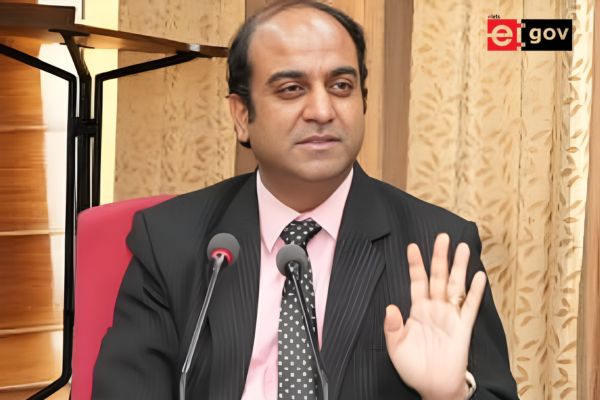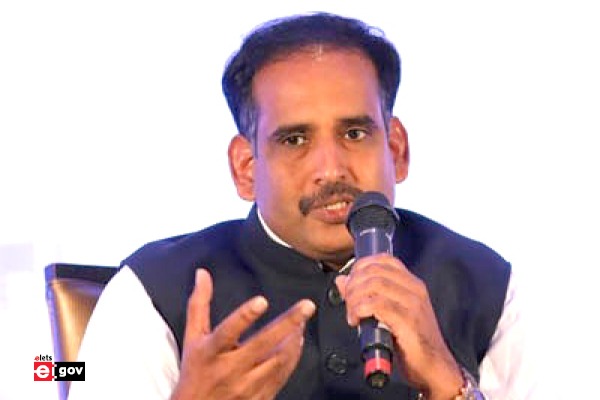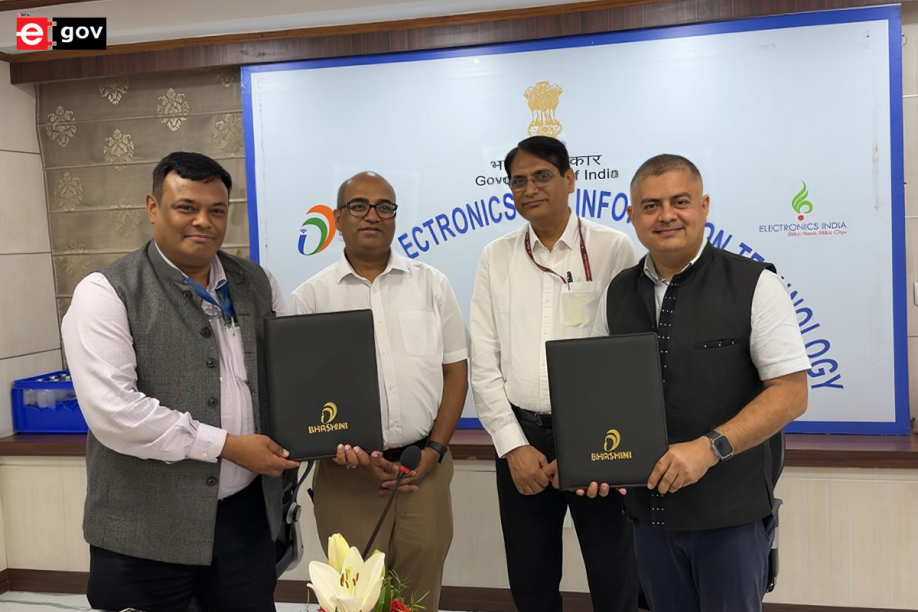
The Ministry of Petroleum & Natural Gas has implemented several policies to accelerate the growth of the bioenergy sector as part of its commitment to clean energy and sustainable development under the National Bioenergy Programme (NBP). The program aims to promote bioenergy and waste-to-energy technologies to enhance energy security and support sustainable development across India.
To support the ambitious goal of achieving enhanced ethanol blending by 2025, the government has introduced several initiatives since 2014. These include expanding feedstock options for ethanol production, introducing an administered price mechanism for sugarcane-based ethanol under the Ethanol Blended Petrol (EBP) Programme, reducing the Goods and Services Tax (GST) on ethanol to 5% for the EBP Programme, and launching Ethanol Interest Subvention Schemes (EISS) between 2018 and 2022. Additionally, Long-Term Offtake Agreements (LTOAs) have been established by Oil Marketing Companies (OMCs) with Dedicated Ethanol Plants (DEPs).

A noteworthy initiative is the “Pradhan Mantri JI-VAN (Jaiv Indhan – Vatavaran Anukool Fasal Awashesh Nivaran) Yojana,” which provides financial assistance to integrated bio-ethanol projects using lignocellulosic biomass and other renewable feedstocks. Under this scheme, more than ₹908 crore in financial support has been sanctioned for Public and Private Sector OMCs for six commercial-scale and four demonstration-scale second-generation (2G) bio-ethanol projects. Notably, the commercial-scale project in Panipat, Haryana, has been dedicated to the nation, while three other projects are nearing completion.

To promote maise as a primary feedstock for ethanol production, the Indian Council of Agricultural Research (ICAR) has undertaken awareness and training initiatives under its “Enhancement of Maize Production in Catchment Area of Ethanol Industries” project. In 2024, the project facilitated 788 demonstrations of improved agricultural practices across 15 states during the Kharif season, and similar efforts are ongoing for the Rabi season, covering 720 acres in the catchment areas of ethanol industries.

The government has also introduced the Oilfields (Regulation and Development) Amendment Bill, 2024, to boost domestic oil and gas production while reducing import dependency. The bill seeks to attract investments in exploration and production, provide stability, and create an investor-friendly environment conducive to hydrocarbon exploration, development, and production. A significant achievement has been the reduction of “No-Go” areas, unlocking 99% of previously restricted zones for exploration, thus paving the way for further exploitation of India’s hydrocarbon potential.

The government’s ethanol-blending program has significantly contributed to reducing greenhouse gas emissions. Over the past decade, the blending of ethanol in petrol by public sector OMCs has prevented approximately 557 lakh metric tonnes of CO2 emissions, aligning with India’s commitment to a greener future.
Be a part of Elets Collaborative Initiatives. Join Us for Upcoming Events and explore business opportunities. Like us on Facebook , connect with us on LinkedIn and follow us on Twitter, Instagram.
"Exciting news! Elets technomedia is now on WhatsApp Channels Subscribe today by clicking the link and stay updated with the latest insights!" Click here!













